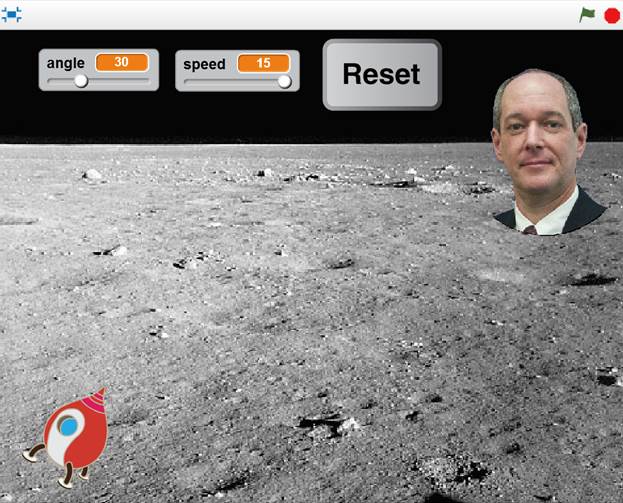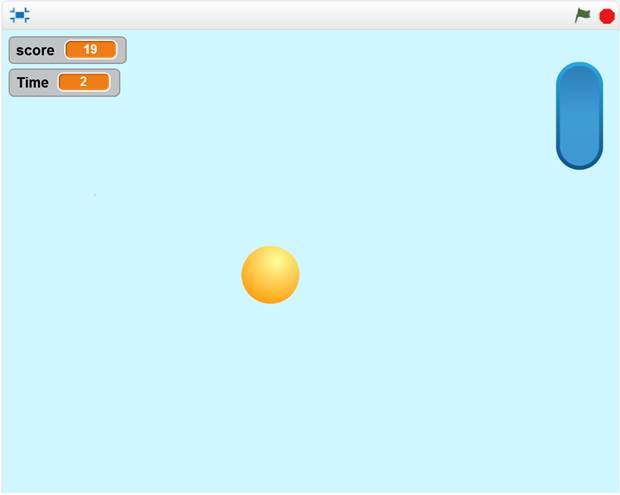CSCI 101 Homeworks 2 & 3
Programming in Scratch
To submit your Scratch projects,
you will need to create an account on MIT's Scrach web site, then "share" your project.
Use Blackboard to give me the link to your shared project.
You will create a fairly complex Scratch program, but we will create it in stages.
The first version will just create a character, set the scene, and allow the user
some simple control over the sprite. The second version will be a more complete application.
Your first step is to think of an idea for an application that matches Scratch.
Three common types of Scratch programs are Stories, Animations, and Games.
Your program will need to interactive. So if you program a story, it needs to be an
interactive story. Perhaps the main character is presented with choices and the user
decides what the character should do next.
A game is probably the most straight forward problem to solve. You might try your
own version of Anger Birds, like shooting Dr. Dannelly's head with a rocket. Classic
games like Pong are usually easy to create.


Homework Two
Create a Scratch program with at least each of the following:
- provide directions (available when you share your project)
- start your application with the Green Flag or the mouse or the keyboard
- a sprite that moves
- the sprite changes directions
- use a background other than the default plain white background
- have the sprite respond to at least two inputs (other than the Green Flag)
- at least one loop (repeat, forever, or repeat until)
Homework Three
Now let's make your application more complete. If you are building a game, then add a score and/or timer. If you are
building an interactive story, then program two or three choices for the main character to make.
Your second version should include:
- 2 sprites that do something. Both might move, or one might move while another just reacts.
- 1 or more variables that are used to control something about the game/story
- at least 2 "if then" or "if then else" contol statements
- an ending ("Game Over" for a game or "The End" for a story)

